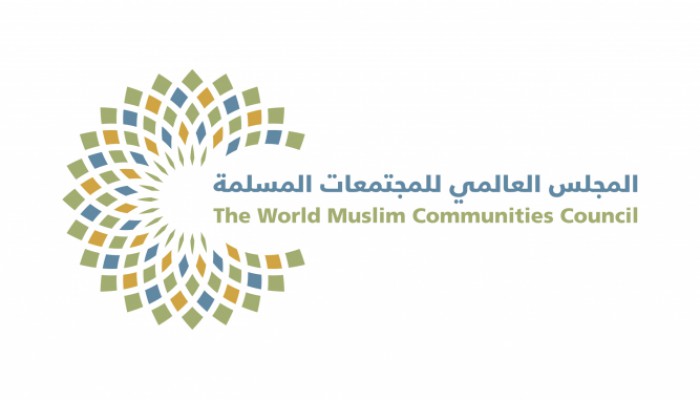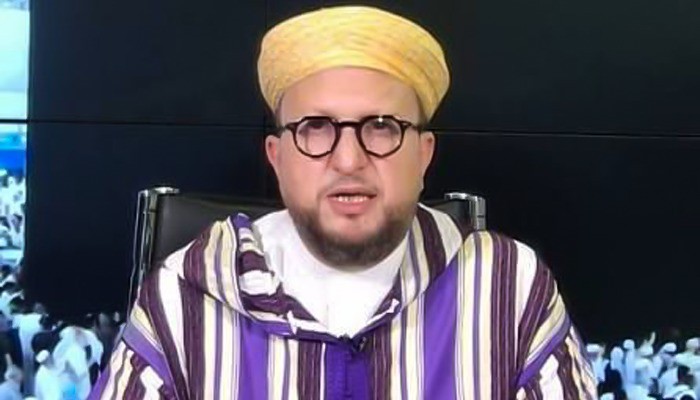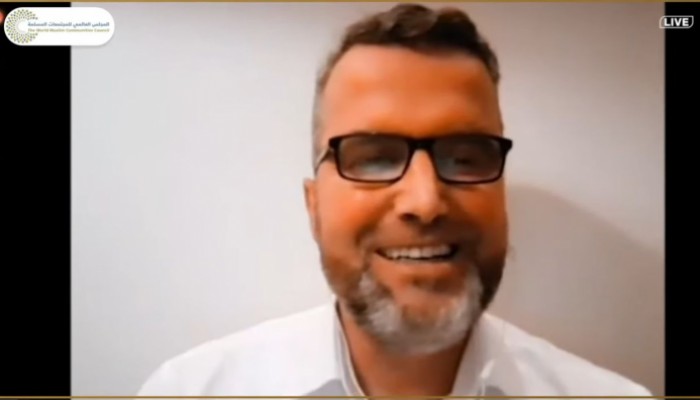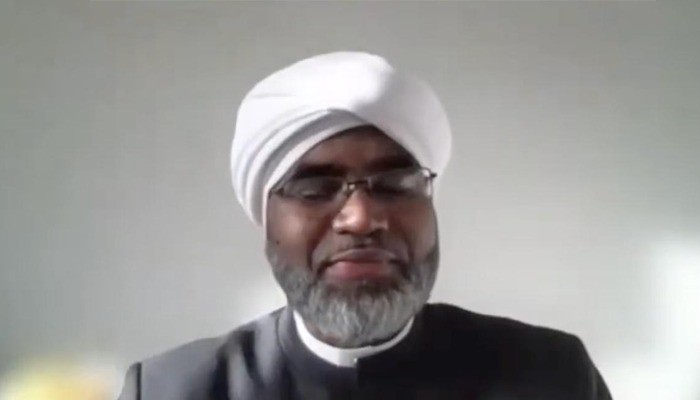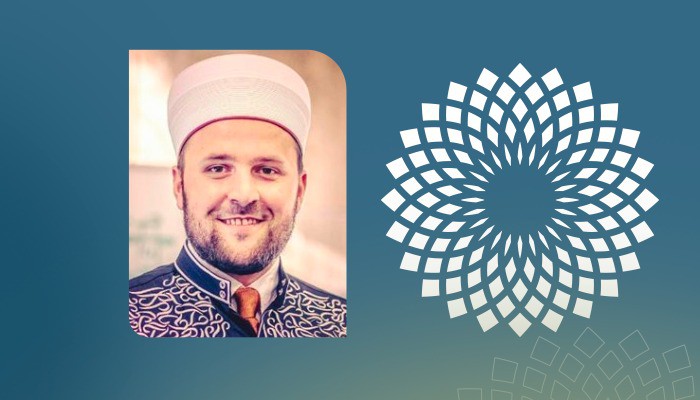
Imam Fikret Fazlic: Austrian Muslims: Different Nationalities, One God, One Prophet
- 2021-May-09
Imam
Fikret said that Muslims have been involved in Austrian society since the
twenties of the last century, while their numbers are witnessing a significant
increase. We have in Austria varying and different statistics of the number of
Muslims in Austria, the official government, and that provided by the Muslim
community. "There are about 25 nationalities belonging to the Muslim
community in Austria, but there are mutual understanding between them. We all
belong to one nation and follow one Prophet." Imam Fikret Fazlic listed
many of the features that distinguish Austrian Muslims, such as cooperation,
works as one family despite their different nationalities, and German language
provided a fertile environment for Muslims to communicate with each other. He
pointed out that the growing phenomenon of Islamophobia in Western societies
had negative repercussions on the reality of Muslims in the West, especially in
Austria, so they should work together to correct their image. It is noteworthy
that The World Muslim Communities Council is an international non-governmental
organization, headquartered in the UAE capital Abu Dhabi. It is considered a
think tank to rationalize organizations and societies working in Muslim
societies, renew their thinking and improve their performance in order to
achieve one goal; The integration of Muslim societies in their countries, in a
way that their members realize the perfection of citizenship and complete
affiliation with the Islamic religion. The council seeks, through holding
dozens of virtual conferences, seminars and activities, to localize the
concepts of religious, ethnic and cultural pluralism, in a manner that
preserves human dignity and respect for his beliefs, and establishes the values
of moderation, dialogue, tolerance and belonging to the homelands.




